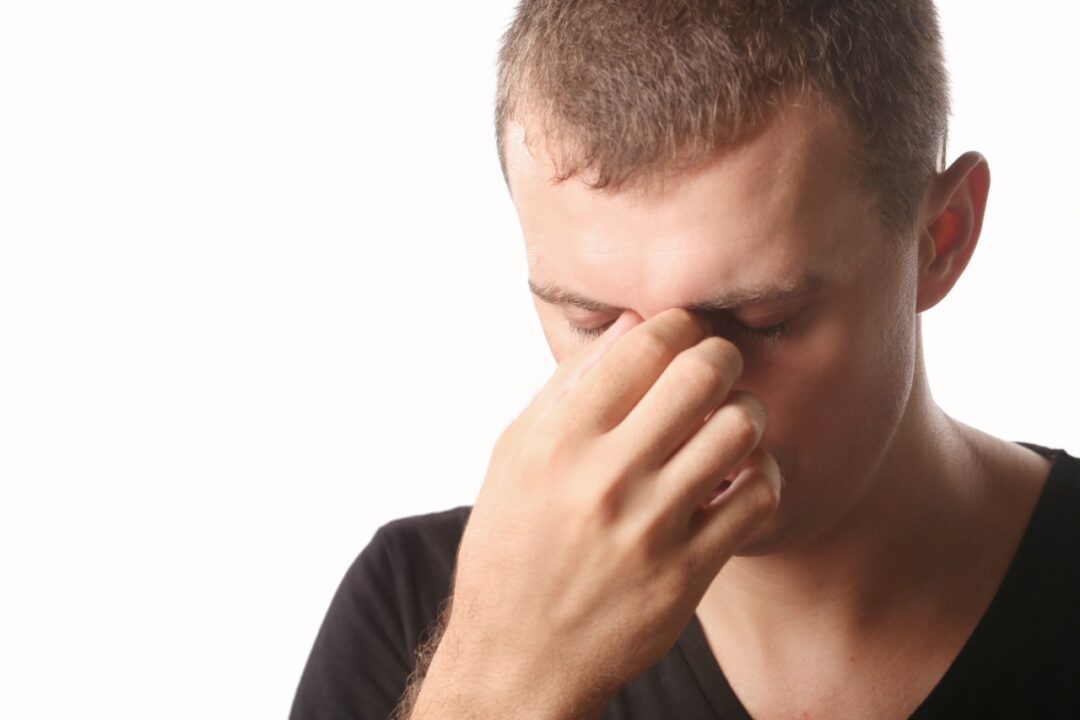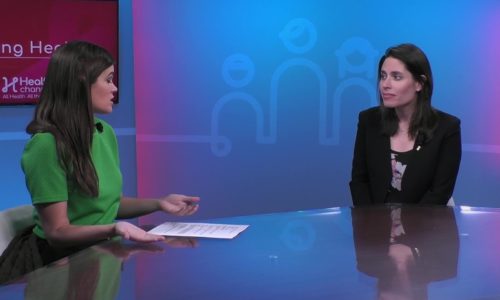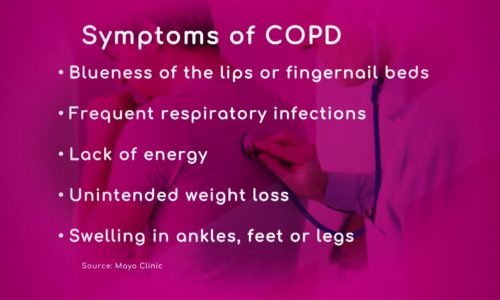Do I need antibiotics for a sinus infection? |

This time of year, we get many questions about sinus infections. There are so many illnesses going around, and many people are worried that they have a sinus infection. Most people believe that sinus infections require antibiotics to improve. It may surprise you to know that most sinus infections will get better without antibiotics. I thought that we should all know the truth about sinus infections, so let’s talk about it today.
- Smoking or exposure to second hand smoke
- Structural problems within the nose or sinuses, such as polyps
- A weakened immune system, which may be the result of certain medications
- Runny nose and nasal congestion
- Facial pain or pressure
- Headache
- Sore throat
- Cough which may be dry or productive
- Mucus drainage, which may be clear, yellow, or even green or brown
- Decongestants – There are a number of decongestant medications available without a prescription. If you have high blood pressure, be sure to talk with your doctor first.
- Expectorants – Such as guaifenesin, work to thin mucus. This can help to allow mucus and fluid to drain from your sinuses and make it easier to get mucus out of your chest.
- Steroid nasal spray – Such as Nasacort or Flonase, can decrease the swelling and inflammation within the nasal passages. They do not work quickly, but if used regularly, you will start seeing results in a couple of days, which will get better the longer you use it.
- Saline nasal spray – You can use this as often as you want throughout the day or night. It will flush the mucous and help clear you sinus openings.
- Drink plenty of fluids, especially water
- Get plenty of rest, with more sleep than usual (studies show this really helps you recover more quickly), avoid working long hours and skip your regular exercise routine for a few days.
- Drink hot tea with a little lemon and honey. Be sure to breathe in the steam before you drink it.
- Use steam to improve congestion when it is worse (stand in a hot shower for a few minutes, or just be in the bathroom while someone else showers, or pour boiling water into a bowl or a sink and make a tent over your head with a towel, then just lean over the hot water and breathe in the steam through your nose).
If you have any more questions just Ask Hanna, our health advisors are here to help.
Dr. Anita Bennett MD – Health Tip Content Editor
Image: ©Shutterstock / triocean








